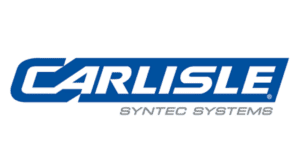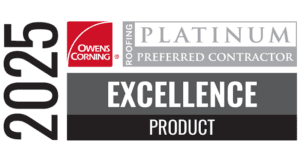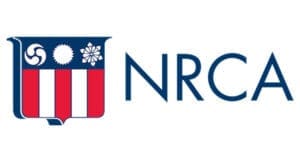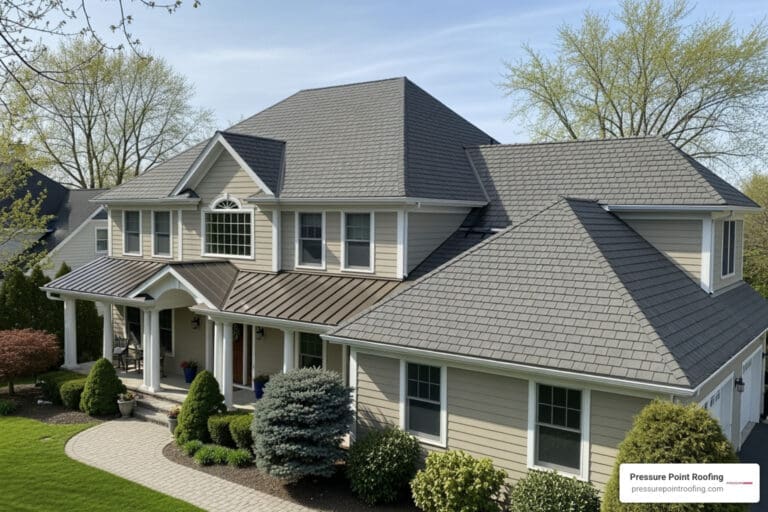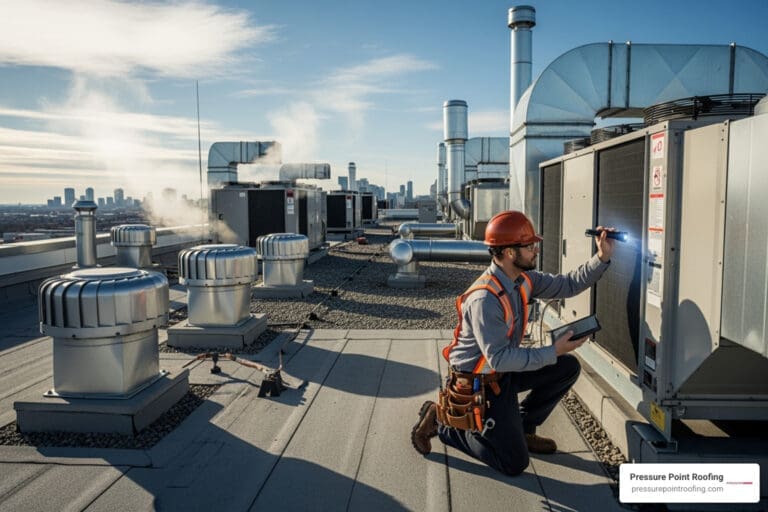What a Home Inspection Roof Evaluation Will Tell You
 When you’re preparing to buy a home, one of the most critical steps in the process is the home inspection. Among the many elements of the home that an inspector will assess, the roof stands out as a vital component that can greatly impact your decision. The roof not only protects the structure and everything inside it, but it also represents one of the most expensive elements to repair or replace. That’s why understanding what a home inspection roof evaluation entails—and how to interpret and act on the results—is so important.
When you’re preparing to buy a home, one of the most critical steps in the process is the home inspection. Among the many elements of the home that an inspector will assess, the roof stands out as a vital component that can greatly impact your decision. The roof not only protects the structure and everything inside it, but it also represents one of the most expensive elements to repair or replace. That’s why understanding what a home inspection roof evaluation entails—and how to interpret and act on the results—is so important.
What Is a Home Inspection Roof Evaluation?
A home inspection roof evaluation is a specific component of a general home inspection that examines the roof’s condition, structure, and functionality. While a home inspector is not a licensed roofer, they are trained to look for signs of damage, aging, or potential concerns that could compromise the roof’s integrity.
Key aspects of a roof evaluation include:
- Age of the Roof: The inspector will estimate the roof’s age and how much life it likely has left.
- Shingle Condition: They’ll look for cracked, curling, missing, or worn shingles that indicate weathering or poor installation.
- Signs of Water Damage: This includes checking for staining, rot, or mold in the attic and ceilings—signs of a leaky roof.
- Flashing and Seals: The inspector will check the integrity of flashing around chimneys, skylights, and vents to ensure water isn’t seeping through.
- Structural Issues: Sagging areas or poorly installed roofing layers may be flagged as serious concerns.
- Gutter and Drainage Systems: They’ll review how well rainwater is directed away from the home to prevent pooling and water intrusion.
- Roof Ventilation: Proper ventilation is critical to avoid excessive heat buildup and moisture, both of which can shorten the roof’s lifespan.
Questions to Ask the Home Inspector
To make the most of your home inspection roof evaluation, come prepared with questions that will give you a clearer understanding of what the findings mean. Consider asking:
- How many years of life does the roof likely have left?
This will help you budget for a potential future replacement. - Do you see signs of past repairs or multiple layers of shingles?
Roofs with multiple layers may have hidden damage or be more expensive to replace. - Are there any signs of active leaks or water damage?
Water intrusion could indicate a failing roof or an insufficient drainage system. - Do you recommend that a licensed roofer take a closer look?
If any red flags appear, a specialist may be needed to fully evaluate the condition and its cost implications. - Was the attic or underside of the roof structure inspected?
Issues like poor ventilation or signs of mold often appear from the inside before showing on the outside. - Are any parts of the roof inaccessible?
Make sure the inspector accessed the roof directly and didn’t just rely on visual inspection from the ground.
What Should You Do With the Home Inspection Roof Evaluation Results?
Once you’ve received the home inspection report, take time to thoroughly review the section related to the roof. Here’s how to proceed:
- Evaluate Risk vs. Cost: If the inspector estimates the roof has less than five years of life left, factor that into your financial decision. Depending on the size and materials, roof replacements can range from $7,000 to $30,000 or more.
- Negotiate Repairs or Pricing: If problems are found, you may have grounds to ask the seller to make repairs before closing or reduce the price to offset expected costs.
- Get a Second Opinion: For older homes or ambiguous findings, it’s wise to hire a professional roofing contractor to perform a more detailed inspection. Companies like Pressure Point Roofing provide expert evaluations that go beyond the scope of general home inspectors and offer actionable estimates.
- Prioritize Safety and Longevity: If the roof is in poor shape, don’t be swayed by cosmetic upgrades in other parts of the home. A failing roof could lead to far more costly structural issues down the road.
Choose Pressure Point Roofing: Your Trusted Roofing Experts
Ignoring roof issues during the buying process can lead to unexpected expenses shortly after moving in. Beyond financial impact, an outdated or damaged roof can affect homeowners’ insurance eligibility, home energy efficiency, and even the home’s overall value.
In contrast, a solid, well-maintained roof is a sign of a home that’s been taken care of—and can offer peace of mind that you’re making a sound investment.
At Pressure Point Roofing, we know how vital a home’s roof is to its safety, energy efficiency, and long-term value. If you’re buying a home and your inspection report raises questions, we’re here to help. Our roofing experts can conduct a thorough follow-up assessment of your home inspection roof evaluation and provide clear recommendations—whether you’re negotiating with a seller, planning a replacement, or simply seeking peace of mind.
Don’t leave such a significant investment to chance. Let us help you move into your new home with confidence. Contact us today to schedule a roof inspection.
Schedule a Consultation
By submitting this form, I agree to receive calls and text messages (including those sent using automated technology) from Pressure Point Roofing, LLC and its representatives at the number provided. Message and data rates may apply. Message frequency may vary. Consent is not required as a condition of purchase. Reply STOP to unsubscribe at any time.
Related Content
Partners and Awards

